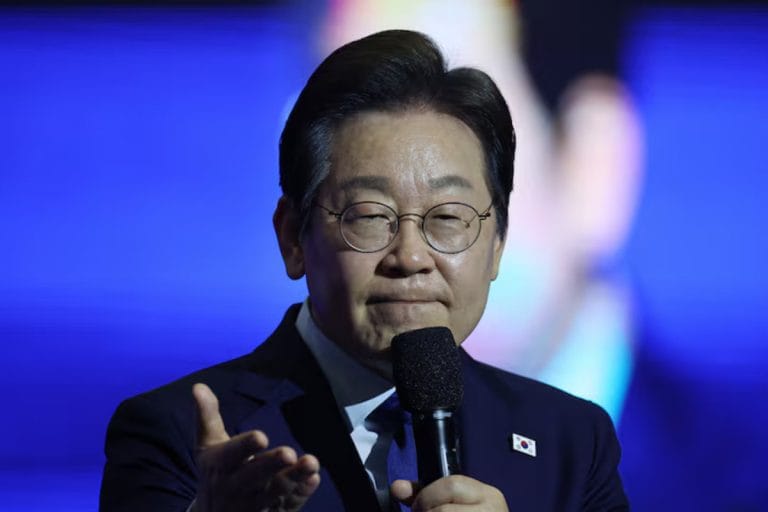🎧 Listen to This Article
South Korea’s Democratic Party presidential candidate, Lee Jae-myung, has unveiled an ambitious proposal to introduce a 10% production tax credit for domestically produced semiconductors, designed to shore up the country’s global competitiveness and secure its strategic position within the semiconductor supply chain. Lee’s pledge, announced in a Facebook post on April 27, 2025, signals his commitment to fortifying South Korea’s most vital industrial sector ahead of the country’s presidential elections on June 3, 2025.
As South Korea grapples with mounting external pressures on its semiconductor industry, Lee’s plan mirrors a growing global trend of state intervention to secure the future of high-tech manufacturing. The proposed tax break, aimed at incentivizing domestic chip production, seeks to offset challenges posed by volatile global supply chains and increasingly assertive national policies in key markets, including the United States.
South Korea, home to Samsung Electronics and SK Hynix, is the world’s largest producer of memory chips, with semiconductors accounting for more than 20% of the country’s GDP. However, recent geopolitical shifts, including the U.S. CHIPS Act, have pressured South Korean companies to adapt and innovate in response to domestic and foreign challenges.
Lee’s proposed 10% tax credit could unlock crucial new investments in the domestic semiconductor sector, making South Korea’s manufacturing environment more competitive. This measure is also designed to protect local players from the ripple effects of external policies, particularly those stemming from the United States, which has aggressively pursued a strategy to restore semiconductor production under the leadership of President Donald Trump.
The U.S. CHIPS Act, signed by Trump in March 2025, is expected to channel billions of dollars into the U.S. semiconductor sector, effectively reshaping global manufacturing dynamics. By providing substantial tax incentives and subsidies to American firms, the CHIPS Act aims to reduce reliance on Asian semiconductor suppliers and bolster national security interests. The ripple effects of such a policy have already been felt across global markets. Lee’s tax credit proposal directly responds to these shifting dynamics, particularly as South Korea faces increased competition from U.S. firms.
Lee’s plan to introduce a tax credit is not without its risks. While it could provide immediate relief to South Korean semiconductor producers, critics have raised concerns about its long-term sustainability. The measure may also face challenges in its implementation, particularly if it requires significant public investment when South Korea’s fiscal health is already under strain due to its aging population and growing welfare costs.
However, Lee’s push to modernize South Korea’s semiconductor sector fits into a broader narrative of economic nationalism sweeping across many of the world’s leading economies. As nations from the U.S. to China ramp up efforts to protect and grow their chip industries, South Korea is now aligning its domestic policy with this new geopolitical reality.
The tax incentive, if enacted, would provide a significant boost to South Korean manufacturers by alleviating some of the financial burdens associated with the high costs of chip production, particularly in a time of increased supply chain disruptions. The global semiconductor market, worth hundreds of billions of dollars annually, is set to become even more competitive in the coming years, with the U.S., China, and the European Union all vying for dominance in an increasingly essential sector.
For Lee, the proposal is part of a broader economic platform to secure South Korea’s technological sovereignty and strengthen its financial resilience. In his campaign, he has emphasized the importance of South Korea maintaining its position as a global leader in technology, particularly as competition for semiconductor supremacy intensifies.
Lee’s semiconductor pledge will likely be a pivotal issue in the run-up to the June election, with voters watching closely to see how his policies could reshape South Korea’s future in an increasingly volatile global economy.
Read More: Korea Proposes Tax Cuts for Single Homeowners Forced to Rent Due to Work
For further details, clarification, contributions, or any concerns regarding this article, please get in touch with us at editorial@tax.news. We value your feedback and are committed to providing accurate and timely information. Please note that our privacy policy will handle all inquiries.



